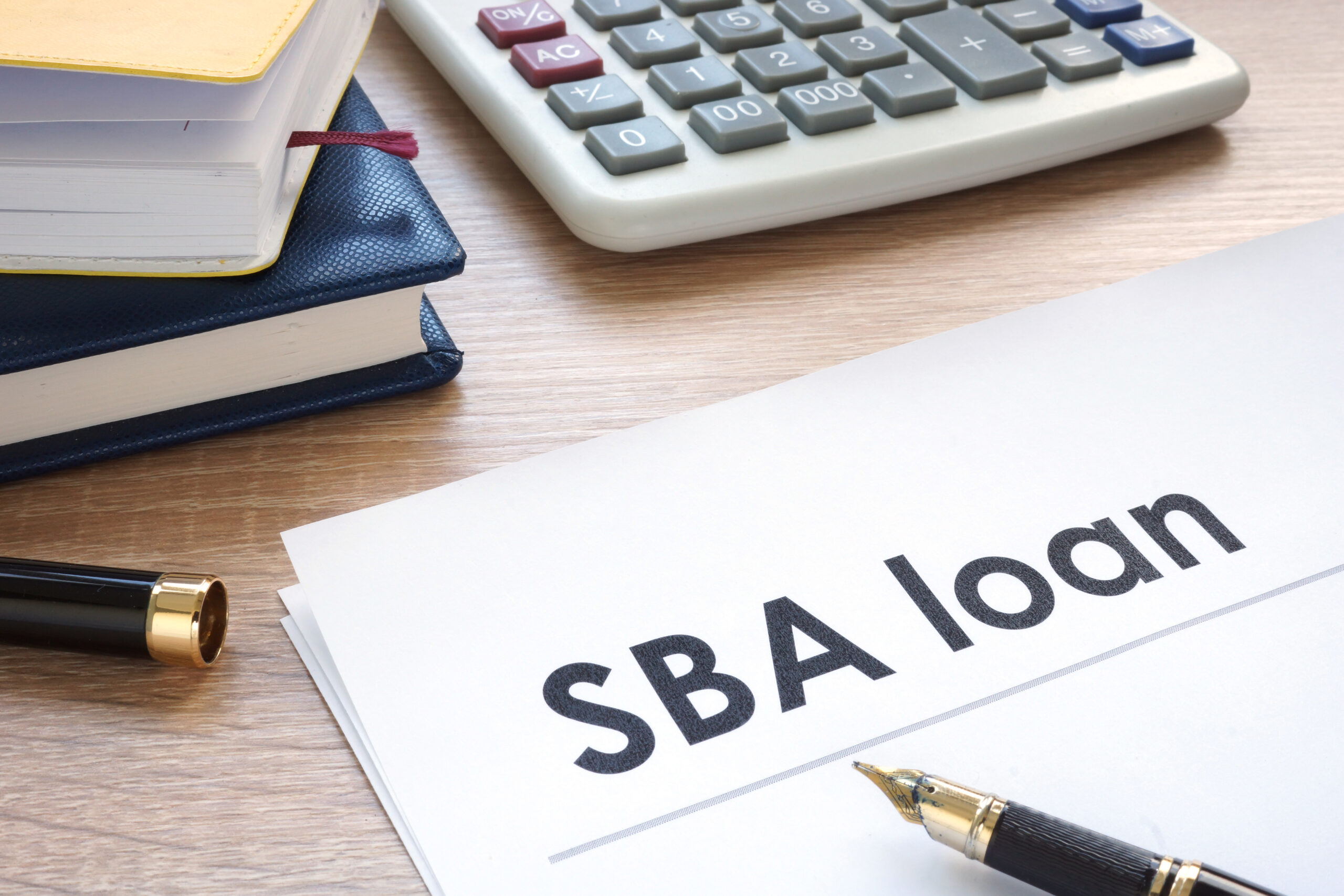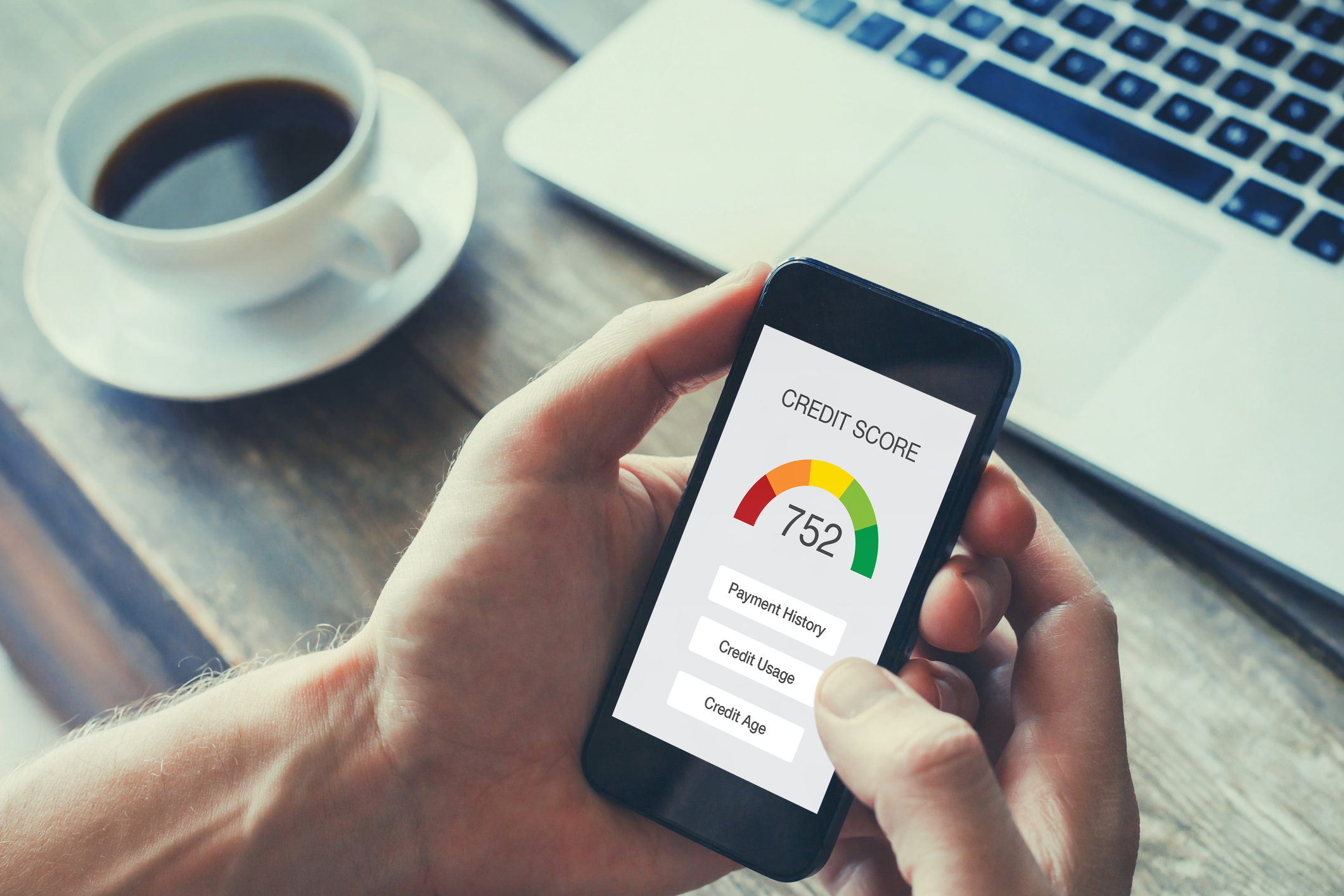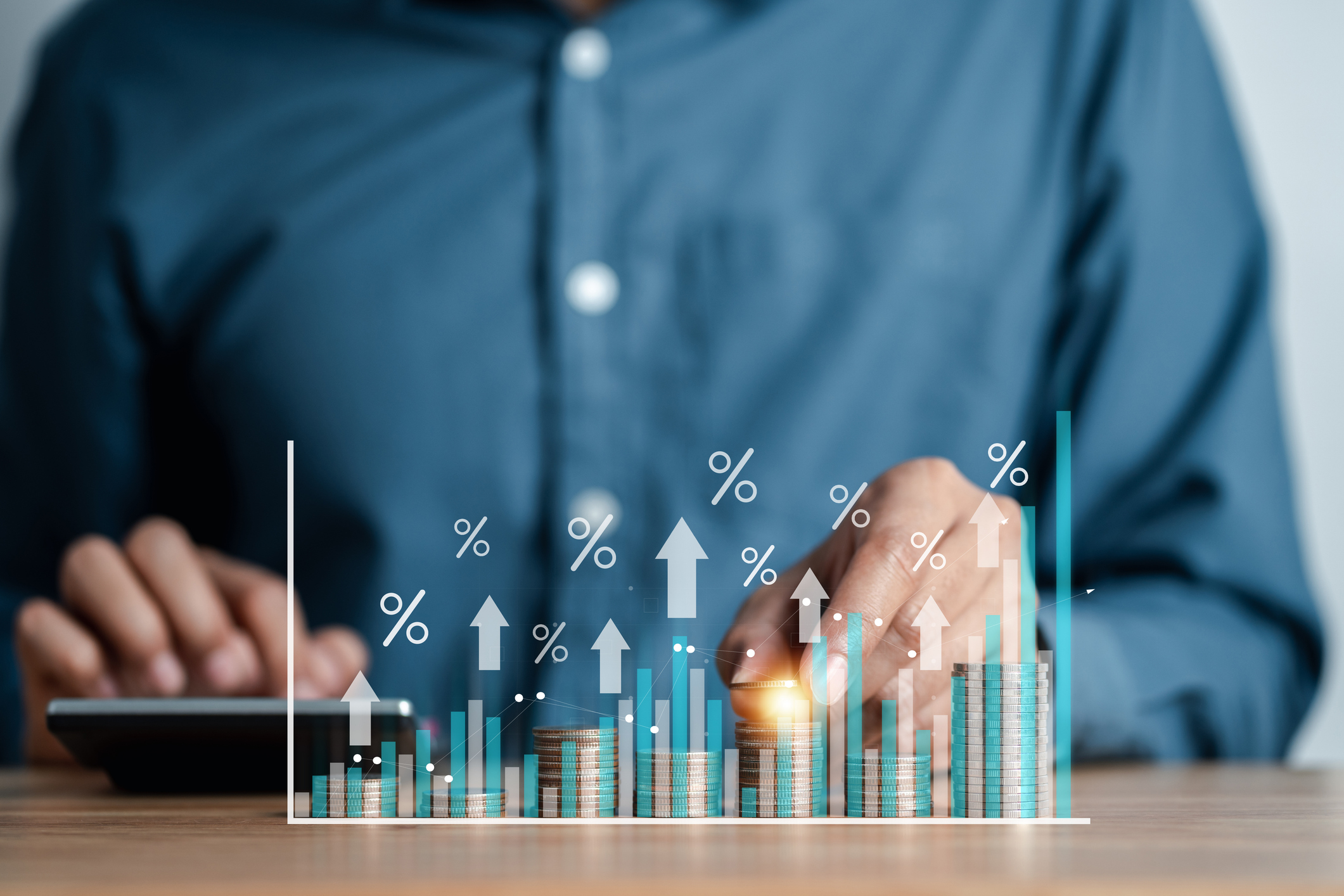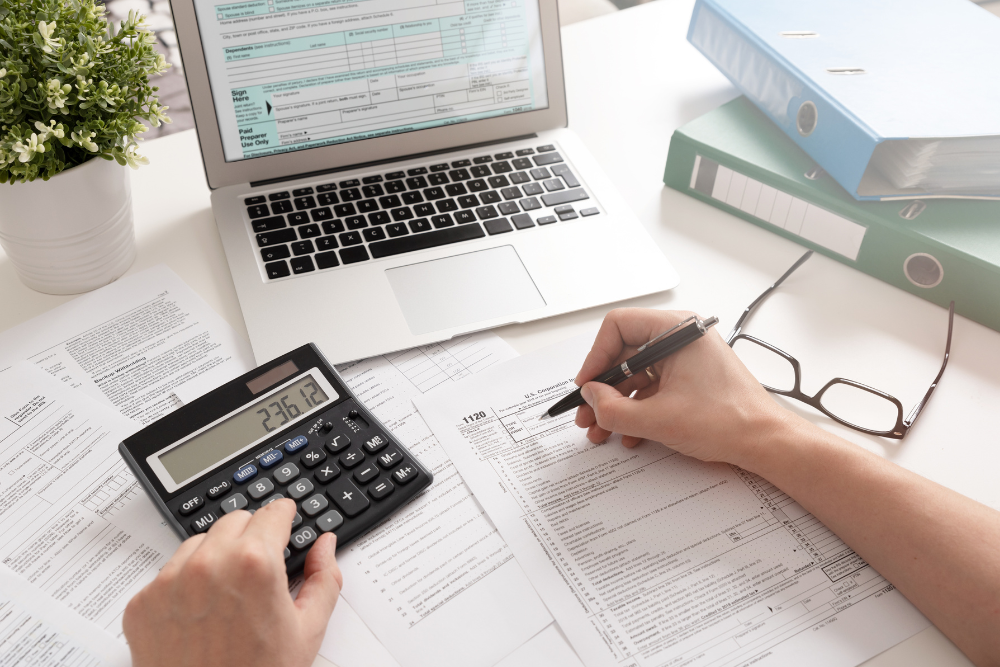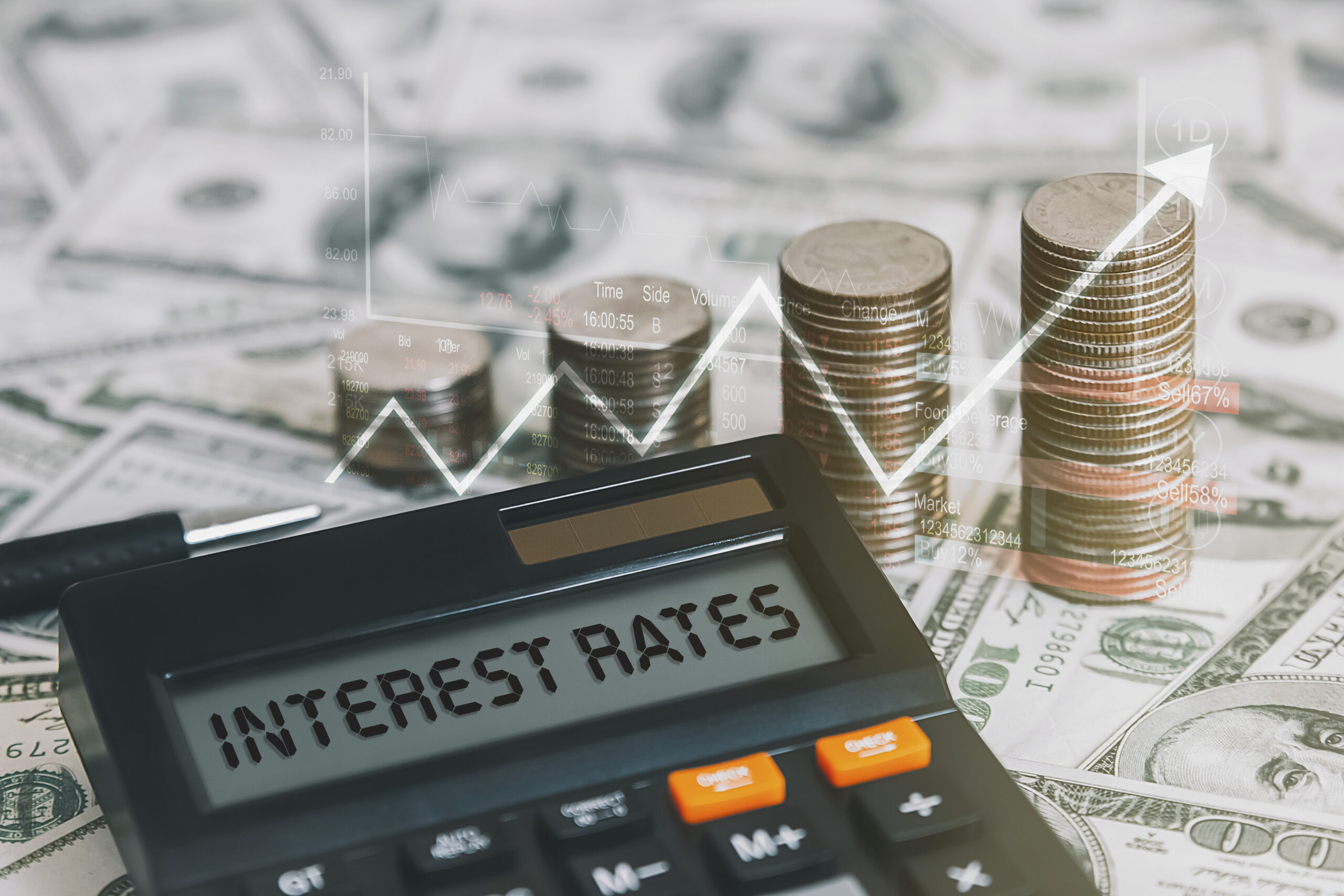Do you have a great business idea but need funding to get it off the ground? SBA small business loans offer affordable financing and flexible repayment terms to help entrepreneurs launch or expand a business. Here we explain what an SBA loan is and how it works.
What is an SBA Loan?
What exactly is an SBA loan? To break it down, SBA loans are business loans partially guaranteed by the U.S. Small Business Administration. Because they are less risky for lenders, SBA loans feature low interest rates and long repayment periods compared to conventional small business loans.
Can I Have Multiple SBA Loans?
It is possible to have more than one SBA loan at the same time, but each additional SBA loan must meet both SBA and lender eligibility criteria. You also cannot use proceeds from one loan to repay another.
Specific guidelines around multiple SBA loans include:
- Your first SBA loan must remain in good standing.
- You must stay within total SBA borrowing limits.
- Each applicant needs a minimum 690 credit score.
- Applicants should have positive cash flow to repay all loans.
- Collateral and a personal guarantee are required on every loan.
Before applying for another SBA loan, review qualification factors with your lender. They can advise if taking on additional debt is wise given your business finances and goals. Careful planning helps ensure your multiple SBA loans remain manageable over the long term.
How do SBA Loans Work?
You apply for SBA loans through participating lenders such as banks and credit unions. If you default, the SBA repays part of the loan to the lender. SBA loan proceeds must be used for eligible business expenses such as working capital, equipment, or real estate.
They have low rates and long repayment periods, which can make them a win-win for anyone who is looking to get a business loan.
What Types of SBA Loans are Available?
SBA 7(a) Loans
The SBA 7(a) loan program offers financing up to $5 million for general small business purposes. Common uses include working capital, purchasing inventory and equipment, buying land, debt refinancing, and business start-up costs.
With a 7(a) loan, the SBA guarantees 75-80% of the total loan amount to the lender. This reduces risk so lenders can provide affordable interest rates and flexible repayment terms.
The SBA charges an upfront guaranteed fee of 2-3.75% of the guaranteed portion, which helps fund the partial default protection they provide. This fee can be waived for 7(a) loans under $150,000.
SBA Express Loans
SBA Express loans have a quick 36-hour turnaround for approval or denial – faster than most other types of SBA loans. You can utilize the proceeds to pay off an existing business loan or obtain additional working capital.
You apply for Express loans through private lenders, the same as other SBA loan programs. The interest rates can be fixed or variable, as determined by the individual lender, but generally the lower the loan amount, the higher the interest rate can be.
Express loans also require some amount of collateral to be pledged, with at least $25,000 worth of business assets used to secure loans of a certain size. Like other SBA loans, you must put up pledged collateral in the case of default.
SBA 504 Loans
The 504 loan program provides long-term, fixed-rate financing for major fixed business assets. Eligible uses include purchasing land and existing buildings, constructing new facilities, renovating space, and buying substantial equipment.
The maximum 504 loan amount is $5 million, with extended repayment terms tailored to the asset life. Real estate loans may have maturities up to 25 years, while equipment loans have a 10-year maximum term. These loans are typically larger than 7(a) loans.
How to Apply for an SBA Loan
Check Eligibility
Applying for an SBA loan starts with confirming you meet the SBA’s eligibility criteria, including:
- You have a good personal credit history and score.
- You have a U.S.-based small business.
- You’re in an eligible industry with average annual receipts under SBA size standards.
- You have no severe past-due debts or defaults on federal loans.
You should thoroughly review SBA lending rules and regulations on their website to help understand qualifications before starting an application. Criteria varies depending on the specific loan type and amount requested.
Find a Lender
Be sure to choose an SBA-approved lender. Look over interest rates from multiple lenders to see what works best for you. There are tools that you can use to match you with a lender that works within your best interest.
Get Your Documents Together
Applying for an SBA loan requires extensive paperwork to verify eligibility and repayment ability. Being organized and prepared with these materials can help your application get approved faster.
Essential documents include:
- A complete business plan with financial projections.
- Personal and business tax returns for the last three years.
- Current personal and business financial statements. Bank statements proving cash flow.
Submit Your Application
After filling out the application, provide everything you need to be approved for the SBA loan and wait for them to get back to you.
Close On Your Loan
Once approved, immediately request a closing checklist from the lender. This outlines required documents to finalize the loan.
Also ask the lender to explain the SBA closing requirements upfront. Confirm planned business transactions meet program rules. Start securing needed landlord waivers or lease agreements right away. Continue supplying documentation throughout underwriting leading up to closing. Promptly provide other details requested. Delays risk loan approval.
An experienced SBA lender can steer the process smoothly. Stay organized and proactive with paperwork to successfully close your small business financing.
SBA Loans FAQs
What is the interest rate of an SBA loan?
Each type of SBA loan has a different interest rate and is based on your creditworthiness.
- SBA 7(a) loans have an interest rate of 10.75% – 13.25%.
- SBA Express loans have an interest rate of 9.25% – 11.25%.
- SBA 504 loans have interest rates of 4.922% – 5.20%.
It is best to research which interest rate works the best for you.
What is the down payment requirement for an SBA loan?
The down payment requirement depends on the loan you are getting, the lender, and your qualifications. Most of the SBA lenders require you to put at least 10% of the loan amount down to qualify. If you get the SBA 7(a) loan, which is $5 million or more, it’s 10% of that. For the SBA 504 loan, which is also $5 million or more, the down payment is 10-20%. For loans that are under $2 million, there is no down payment.
How long does it take to get an SBA loan?
The time frame for these types of loans varies depending on the loan and if your paperwork and application are in order. Normally, it takes about 30-60 days if there are no hiccups along the way.
Bottom Line
SBA small business loans provide affordable, long-term financing to help entrepreneurs start and grow a company. With government-backed programs on your side, you can obtain the funding needed to turn your dreams into reality. Do your research to understand the different SBA loan types and choose the one that best fits your needs.
Strengthening your business credit can help you qualify for better SBA loan terms and interest rates. As you prepare to apply, leverage MyScoreIQ business credit monitoring services. MyScoreIQ provides business credit monitoring and credit reports from Experian® and Dun & Bradstreet®.
